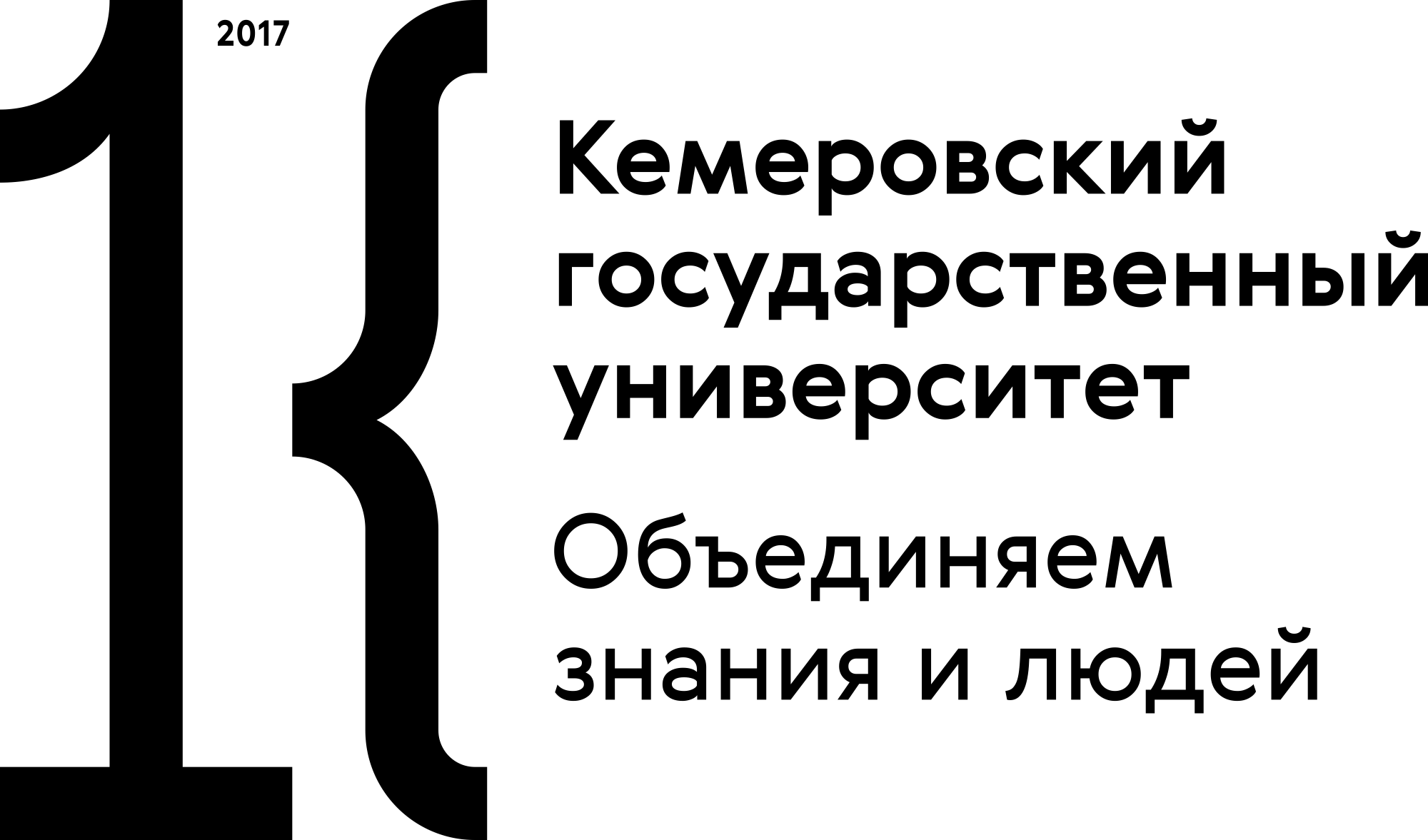Kemerovo, Russian Federation
The article dwells upon the merits of ecological ethics as a special sphere of applied ethics which deals with particular ecological objects, the latter seen as possessing their own independent inherent value. Such interpretation of these objects allows one to avoid utilitarian and consumptive attitude to nature. The article introduces the notion of “imputed value” and attempts to explain the value hierarchy of ecological objects from the point of view of their inherent and imputed value. The most general criterion for the recognition of “internal” or intrinsic value of these or other natural entities is their uniqueness, which can manifest itself in several ways. First, in their individuality, which is real "subjectivity", high mental organization, or «imputed ", i. e. attributed to man. Their rarity is the second aspect of the uniqueness, which can manifest itself in the "independence" of origin and existence of certain species, ecosystems and landscapes from people, their "pristine", relic character, and on the other side, the rarity per se of certain naturally occurred, grown or bred creatures. The third aspect of unicity is the aesthetic, other cultural (in connection with important events in people's lives) or recreational value of certain plants, ecosystems and landscapes.
environmental ethics, relative value, absolute value, intrinsic value, imputed value


















